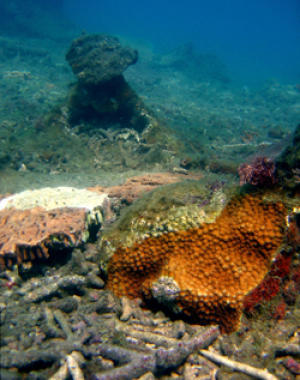You are here
Fri, 2009-01-16 10:38 — Slade Beard
The mission of this working group is to articulate and shape issues of resilience and sustainability in Australia as they may be implemented as reforms of current policies, as well as contemplate and make recommendations for more extensive critiques and proposals for state and local systems transformation, as may be necessary or desirable beyond the scope of traditional reforms being undertaken by the current Australian national government and Australian local government proposals.
General Topic Tags:
Problem, Solution, SitRep, or ?:
Group:
Group description:
This Working Group is focused on developing an Australian Resilience System to ensure resilience and sustainability for Australians.
Group visibility:
Public - accessible to all site users
Add Content to this group
Members
| admin | Amanda Cole | Slade Beard |




Recent Comments